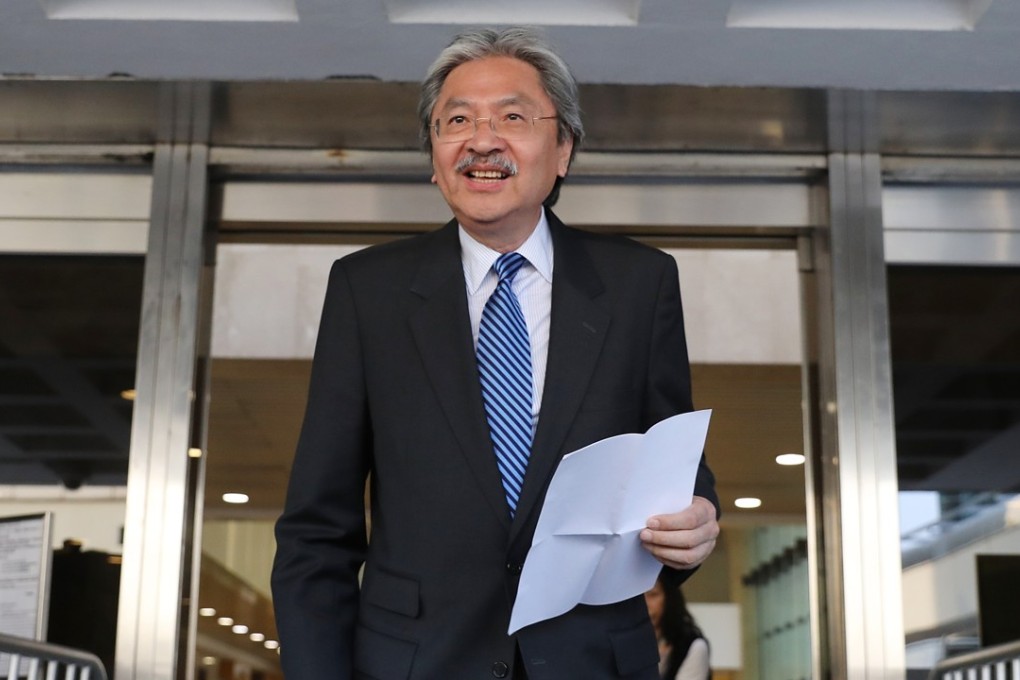Policy on post-office roles not about politics
Former financial secretary John Tsang Chun-wah and Carrie Lam’s administration entered a stand-off after he took up a university teaching post and media work without first getting approval from an advisory committee that seeks to avoid conflicts of interest. Having such roles vetted is not about politics or privacy; it is about accountability and protection

Former financial secretary and chief executive contender John Tsang Chun-wah has a wealth of knowledge about politics and finance, making him an ideal educator and commentator. But as he only left office in March, he should be careful about what he does next. It is puzzling why he took up a university teaching post and media work without first getting approval from a government advisory committee that seeks to avoid conflicts of interest. For the sake of accountability and perceptions, all high-ranking officials taking on an outside role within a year of stepping down should make a declaration.
It is a sensible enough idea, yet a stand-off broke out between Tsang and Chief Executive Carrie Lam Cheng Yuet-ngor’s administration. There is bound to be a sense of a political element, given that Lam defeated Tsang for the city’s top job. The former financial chief has dismissed claims he failed to declare the work to authorities, although he also contended no action should have been necessary as he was not being paid. But he volunteered the information only after being approached following media reports of a teaching position at the University of Hong Kong, a show on Commercial Radio and a 10-part television series for RTHK.
Lam has stressed that this is not a matter of politics; it is simply about protocol in following a voluntary system that aims to strike a balance between the public monitoring of former high-ranking officials and their rights. The mechanism was prompted by past scandals that negatively affected the government’s reputation. It therefore makes good sense that those who leave office go to the committee for approval of a job, appointment or business venture. Given the grey areas in the guidelines of the committee, Tsang would do better to follow the lead of those who have gone before than to second-guess.
The guidelines could do with clarity as they make no mention of non-profit or unpaid work. The intangible benefits to a person’s image of what they do after leaving office should ideally be covered. Having post-office roles vetted is not about politics or privacy; it is about accountability and protection.